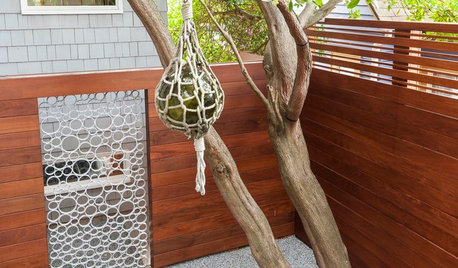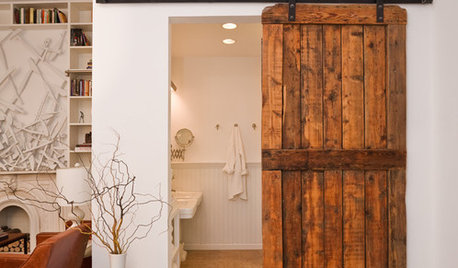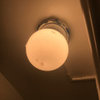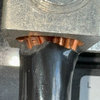grounding copper pipe question
reed50
13 years ago
Featured Answer
Sort by:Oldest
Comments (23)
tom_o
13 years agoreed50
13 years agoRelated Professionals
Athens General Contractors · Evans General Contractors · Holly Hill General Contractors · Newburgh General Contractors · Prichard General Contractors · Seguin General Contractors · Belleville Solar Energy Systems · Dana Point Solar Energy Systems · Voorhees Solar Energy Systems · Weymouth Solar Energy Systems · Fort Lauderdale Home Automation & Home Media · Lakewood Home Automation & Home Media · Milton Home Automation & Home Media · Reston Home Automation & Home Media · Tampa Home Automation & Home MediaBilll
13 years agotim45z10
13 years agotom_o
13 years agoyosemitebill
13 years agoscjlikar
9 years agoRon Natalie
9 years agoweedmeister
9 years agomjsewell1
8 years agoionized_gw
8 years agonoyb
8 years agoRon Natalie
8 years agonoyb
8 years agoRon Natalie
8 years agonoyb
8 years agoRon Natalie
8 years agonoyb
8 years agoRon Natalie
8 years agospookyboo
last yearspookyboo
last yearspookyboo
last year
Related Stories

MOVINGHiring a Home Inspector? Ask These 10 Questions
How to make sure the pro who performs your home inspection is properly qualified and insured, so you can protect your big investment
Full Story
GREEN BUILDINGConsidering Concrete Floors? 3 Green-Minded Questions to Ask
Learn what’s in your concrete and about sustainability to make a healthy choice for your home and the earth
Full Story
FENCES AND GATESA Designer Uses PVC Pipe to Cast a Modern Garden Gate
Landscape designer Scot Eckley walks us through the process of creating a custom aluminum ring gate
Full Story
COTTAGE STYLEHouzz Tour: Beach Shack Reborn as a Copper-Clad Cottage
A tranquil home with a copper exterior lets in ocean air, sunlight and greenery on a challenging site
Full Story
REMODELING GUIDESConsidering a Fixer-Upper? 15 Questions to Ask First
Learn about the hidden costs and treasures of older homes to avoid budget surprises and accidentally tossing valuable features
Full Story
DOORS5 Questions to Ask Before Installing a Barn Door
Find out whether that barn door you love is the right solution for your space
Full Story
Design Dilemmas: 5 Questions for Houzzers!
Post Ideas for Landscaping for a Modern Home, Updating a Rental and More
Full Story
ARCHITECTURECylinders — More Than Architects’ Pipe Dreams
They may look fanciful, but cylinders can serve practical purposes in architectural designs
Full Story
KITCHEN DESIGNKitchen Sinks: Antibacterial Copper Gives Kitchens a Gleam
If you want a classic sink material that rejects bacteria, babies your dishes and develops a patina, copper is for you
Full Story
HOUZZ TOURSMy Houzz: Copper Tones Warm an Amsterdam Apartment
Paint, editing and a crush on copper help an Amsterdam resident conquer his compact space
Full StoryMore Discussions









reed50Original Author